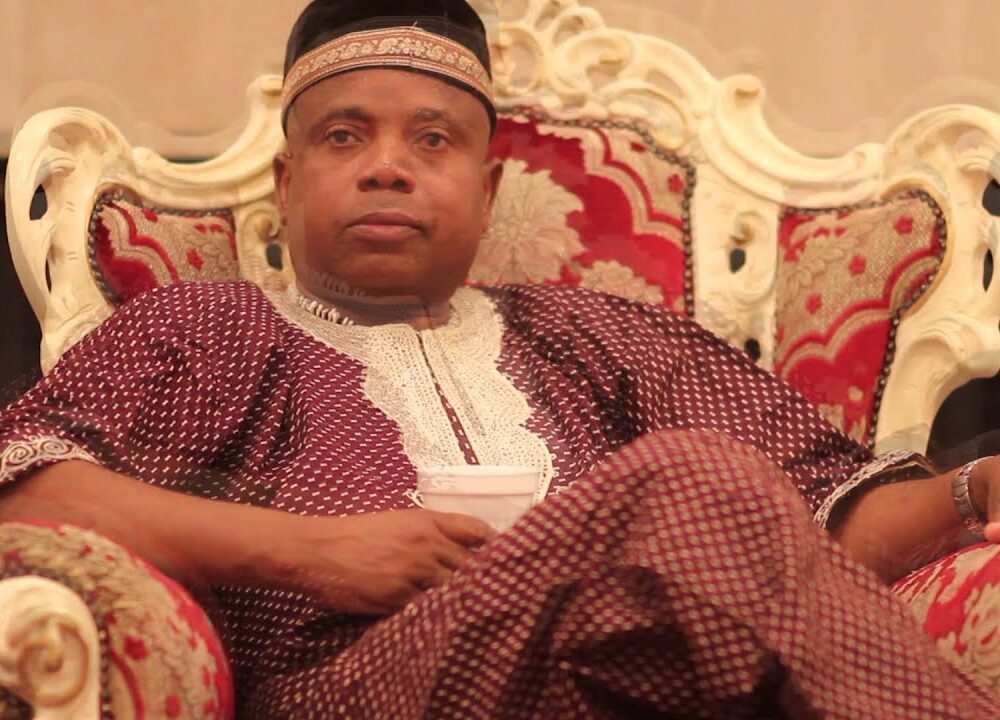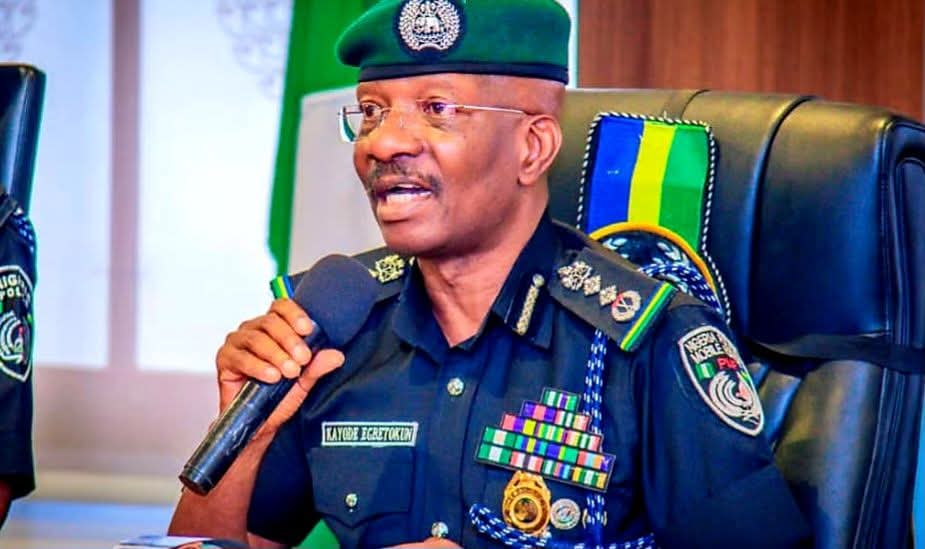The National Hajj Commission of Nigeria (NAHCON), the Muslim pilgrimage regulator in Nigeria, is frequently in the media spotlight, and this is not surprising given the nature of its work.
As the agency responsible for organizing Hajj operations for Nigerian pilgrims, NAHCON engages with a vast network of stakeholders, including government bodies, airlines, travel agencies, most importantly, the intending pilgrims and their families, not forgetting the public itself. Muslims see Hajj as a spiritual obligation and followers of other faiths cannot deny the fact that Hajj is one of the largest annual religious gatherings in the world such that any aspect of its organization naturally attracts significant public interest. Understandably, NAHCON attracts media attention in Nigeria because of the diverse interests in its ecosystem.
To claim that Hajj is a deeply significant religious obligation to Muslims is to state the obvious. Many Nigerian Muslims are passionate about Hajj- both those who can afford it as well as those hoping to make the Hajj one day, therefore any issue related to its organization touches the hearts of thousands of Nigerian Muslims. The media and the public closely monitor every development, from registration to departure and return. Moreso since Hajj happens every year, there is always something new to report, whether it is NAHCON’s preparations, Saudi Arabia’s guidelines, emerging challenges, success stories, or ongoing reforms. Thus NAHCON cannot shy aware from the spotlight. Of course, NAHCON too depends on afore mentioned parties to communicate its messages to intending pilgrims for inclusivity.
Let me remind the reader that Hajj operations involves several complex logistics for thousands of faithfuls traveling to same destination at the same time. From visa processing, accommodation arrangements, transportation, medical services, and more. Given the scale and complexity of Hajj preparations and execution, apprehensions grow from any perceived delays and anxieties. Such perceived situations quickly become newsworthy.
Take for instance how financial and policy matters like the cost of Hajj or discussions on government subsidies often spark public debates, drawing media attention to NAHCON. Some of the debaters may not even be Muslims at all nor do they understand what the Hajj fare or subsidy covers even if they were Muslims. That perhaps is why, even where NAHCON’s role in ensuring affordability of Hajj is confirmed, some media members believe there must be a wrong end of the stick somewhere which they must dig and expose. Today, a simple sensational headline from one media house with unverified information would attract replicated reportage without verification. At times, the content itself belies the headline. Yet, since few people take time to read contents, many readers get satiated with just that clout chasing tricks thereby aid the spread of misinformation.
Modern Hajj, especially in Nigeria, is not free of political sensitivities nor stakeholders’ interests. Pitiably, NAHCON’s work involves negotiating with Saudi Arabian authorities on one hand and balancing the interests of various Nigerian stakeholders on the other. Considering the diverse interests involved in Hajj matters, not everyone would have their way in decision-making processes naturally. Any variance among the spheres of stakeholders easily escalates into national discussions. Hence, given the number of individuals and agencies involved, disagreements sometimes arise over stakeholders trying to protect their own particular interests leading to media involvement that creates unnecessary concern for NAHCON as the centre of the dispute.
Therefore, amidst the complexities of managing competing expectations, many of NAHCON’s achievements go underreported. How many mediums reported the proactive financial intervention the Professor Abdullahi Saleh Usman led team did in securing slots for Nigerian pilgrims in Mashair before the 14th February deadline? If NAHCON had not taken the unprecedented step of paying upfront on behalf of states’ pilgrims’ boards and private tour operators to ensure that Nigerian pilgrims did not miss out due to delayed remittances, the narrative would have been different by now. The Mashariq Al-dhahabiah contract would not have been topical at all.
Talking of the Masaharig saga, the NAHCON Chairman, Prof. Usman had explained time and again that splitting of the contract followed serious concern over Nigeria’s participation in the 2025 Hajj.
Prof Usman revealed that NAHCON, with support from states Executive Secretaries of Muslim Pilgrims Welfare Boards showed interest in engaging the Mashariq company’s services for Nigerian pilgrims, particularly at the Masha’ir. However, the Company later informed the Commission that it had “…unresolved technical issues on its Nusuk Masar platform..”. To avoid jeopardizing Nigeria’s preparations for the 2025 Hajj, NAHCON granted Mashariq Al-Dhahabiah time to resolve these administrative issues. Unfortunately, NAHCON grew apprehensive bearing in mind that the deadline for entering of contracts on the portal was moving dangerously fast.
Meanwhile, given the strict deadlines set by the Saudi authorities, NAHCON could not afford further delays in securing an alternative service provider that would prove as guarantee for participation of Nigerian pilgrims in the 2025 Hajj exercise come what may. The Commission opted to split the contract in a 50-50 ratio with another Saudi-based service provider instead. This decision was made to mitigate risks associated with last-minute uncertainties. Consequently, NAHCON went into the second agreement with the conviction of Mashariq’s consent following intervention by stakeholders in Saudi Arabia. Nevertheless, while the Commission had moved on based on the outcome of the meeting with the service provider, the Commission was hit by the rude shock of Mashariq’s supposed threat to go to court. NAHCON has since engaged the service provider in series of discussions to unravel the reason behind its public outburst.
While NAHCON acknowledges the media’s role in holding institutions accountable, not all reports accurately reflect the realities of Hajj operations.
Update on 2025 Hajj Slot
As a reminder, NAHCON had secured 52,544 spaces for State Pilgrims Camps. Under the new contract, the projected number of pilgrims is split between two service providers as follows: Mashariq Dhahabiah will cater to 26,287 pilgrims, while Ekram Deif will accommodate 26,257 Nigerian pilgrims expected to complete their registration by a soon-to-be-confirmed date. Professor Saleh Usman leveraged this lifeline to accommodate more Nigerian pilgrims that habitually make late remittances yet put the pressure on NAHCON for Hajj slots when securing same is nearly impossible. Meanwhile, Rawaf Mina is expected to confirm the availability of 100 VIP tents.
For Tour Operators, NAHCON reserved 16,263 spaces for them to process after remittances. The breakdown is as follows:
• 1,447 VIP slots will be processed through Ithraa Al Joud, while Rawaf Mina will supply 35 VIP camps for processing, bringing the total expected VIP spaces for the private sector to 1,482, pending pilgrim payments.
• For Tour Operator’s Tent ‘D’, Rawaf Mina has reserved 14,413 spaces, which will be allocated after remittances. Ithraa Al Joud will provide an additional 1,850 accordingly.
NAHCON urges journalists to uphold the principles of fairness and balance in their reporting, especially on matters that involve multiple stakeholders.
*Usara is Assistant Director,
Information and Publications Division,
NAHCON.





